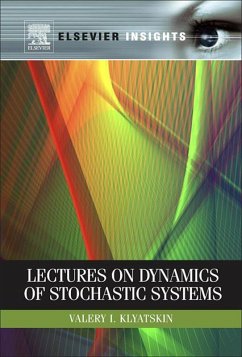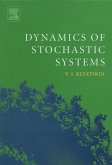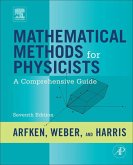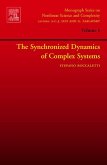This book is a revised and more comprehensive version of Dynamics of Stochastic Systems. Part I provides an introduction to the topic. Part II is devoted to the general theory of statistical analysis of dynamic systems with fluctuating parameters described by differential and integral equations. Part III deals with the analysis of specific physical problems associated with coherent phenomena.
- A comprehensive update of Dynamics of Stochastic Systems
- Develops mathematical tools of stochastic analysis and applies them to a wide range of physical models of particles, fluids and waves
- Includes problems for the reader to solve
Dieser Download kann aus rechtlichen Gründen nur mit Rechnungsadresse in A, B, BG, CY, CZ, D, DK, EW, E, FIN, F, GR, HR, H, IRL, I, LT, L, LR, M, NL, PL, P, R, S, SLO, SK ausgeliefert werden.
Hinweis: Dieser Artikel kann nur an eine deutsche Lieferadresse ausgeliefert werden.









